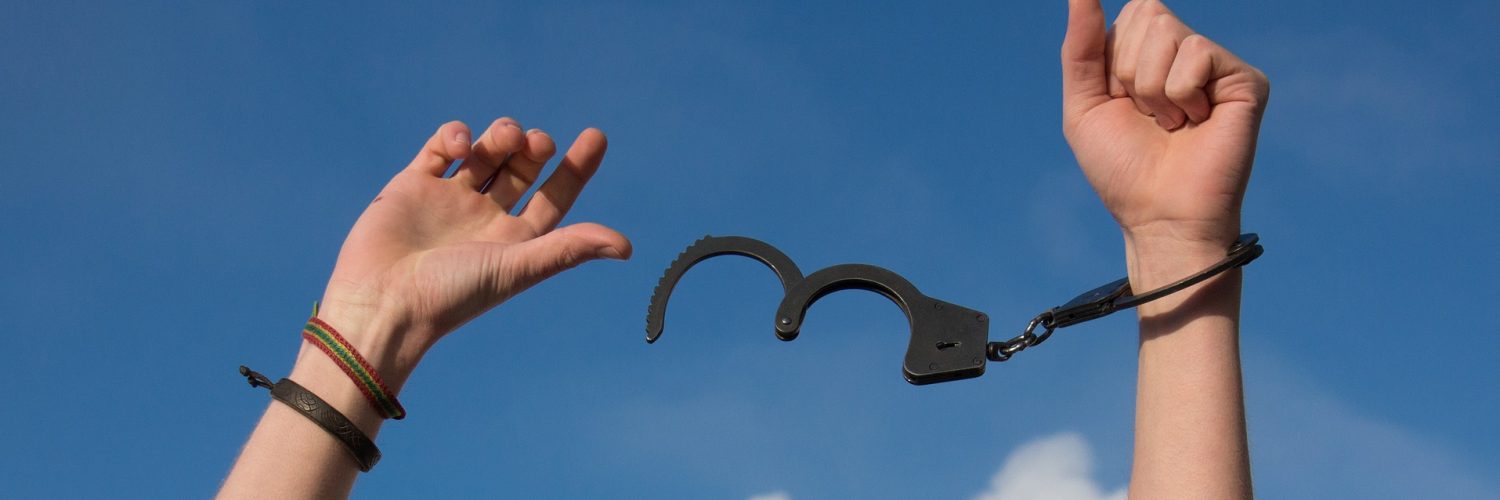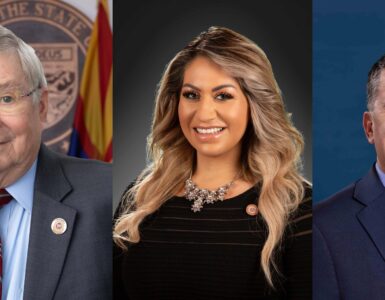The U.S. Department of Labor (DOL) announced it would be awarding more than $2 million for Fidelity Bonding Demonstration Grants across the United States
Arizona will receive $100,000 of the Fidelity Bonding Demonstration Grants’ $2,234,122 total.
The grants will allow states to expand their uses of fidelity bonds — a form of insurance protection covering policyholders for losses that are incurred as a result of fraudulent acts by specified individuals — to help people with criminal records find employment opportunities.
The grants are the latest of several efforts by the Trump Administration to reform the country’s criminal justice system.
In Dec. 2018, President Donald Trump signed the First Step Act into law to bring the U.S. “one step closer to fixing a broken criminal justice system that has torn too many families apart and destroyed too many lives.”
“This victory truly belongs to the thousands of people who, like me, have been personally impacted by incarceration and have dedicated their lives to improving the system. This bill was informed by their experiences. Their stories helped win over the President’s support. Tomorrow, they will help ensure we implement this bill quickly and effectively,” Jessica Jackson, National Director and Cofounder of #cut50, an organization that works to cut crime and incarceration in all 50 states, said after Trump signed the act into law.
In April 2019, the U.S. Department of Labor held its Strengthening America’s Workforce event where the department discussed paths for Americans transitioning from the justice system to the workforce.
“The American economy has produced a million more job openings than those searching for work,” U.S. Secretary of Labor Alexander Acosta said. “Today’s event is a reminder that the successful transition into the workforce is a positive step for both individuals and communities.”
The DOL has continued ongoing efforts to reduce recidivism and fill open jobs. In Fiscal Years 2017 and 2018, the DOL announced $170 million in reentry project grants for nonprofits, state and local governments, and Indian and Native American entities that design and implement workforce reentry programs.
However, the federal government is not the only entity working to reform prisoners in Arizona.
CoreCivic, a state contractor and operator of multiple correctional facilities across central Arizona, is also working to help inmates reenter society through its Go Further program.
Their program is modeled on the theme of a highway and uses a common framework and terminology for a shared understanding of the entire reentry process.
According to CoreCivic, “through Go Further, we can reduce recidivism by providing access to educational courses and training workshops in areas like behavior modification, career counseling, life skills and through academic and vocational coursework.”
In the public sector, Arizona Governor Doug Ducey (R-AZ) has put effort towards providing employment opportunities for those who deserve “a real second chance.”
“At second chance centers we launched last year at prisons outside Tucson and Phoenix, we’re teaching life and career skills to inmates who are scheduled to leave prison soon,” Ducey said during his 2018 State of the State Address. “Dozens of employers are participating, and of the hundreds of inmates who have graduated through these programs to date – many are leaving prison with multiple job prospects. So let’s expand these programs, with capacity for 975 more inmates to participate each year.”
The Federal Bonding Program issues free-of-charge fidelity bonds to employers as a job placement tool to assist former inmates and other at-risk applications. According to DOL, since the creation of the program in 1966, more than 52,000 job placements have been facilitated through the program.
“Americans from across the political spectrum can unite around prison reform legislation that will reduce crime while giving our fellow citizens a chance at redemption,” Trump said.
State bonding coordinators can assist formerly incarcerated individuals in finding employment or interested businesses in learning more about the hiring process. In Arizona, interested individuals and companies can contact the Arizona Department of Economic Security.
















Add comment